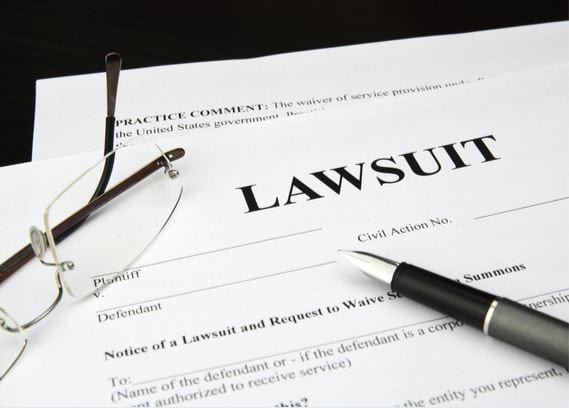
5 Things You Should Know About the Statute of Limitations in a Personal Injury Claim

After you have sustained an injury in an accident or as a result of another party’s negligence or wrongdoing, you may be thinking about filing a personal injury lawsuit. For many potential plaintiffs, the first step in seeking financial compensation after suffering a serious injury is filing an insurance claim. This is particularly true in cases involving car crashes, truck accidents, and pedestrian or bicycle collisions. Yet regardless of the type of accident, it is important to keep in mind that the statute of limitations limits the amount of time you have to file a lawsuit. The following are five things you should know about the statute of limitations in a California personal injury lawsuit.
There Is a Two-Year Statute of Limitations for Most Personal Injury Lawsuits
Most lawsuits involving personal injury have a two-year statute of limitations under California law. For most of these cases, the clock starts “ticking” on the date of the person’s injury. Accordingly, if you were injured in a car accident on August 1, 2019, you would most likely have two years to file a lawsuit. However, depending upon where the accident happened and who was involved, the statute of limitations could actually be much shorter. As such, you should seek advice from a personal injury lawyer as soon you can to ensure that you remain eligible to file a lawsuit.
Lawsuits Against Government Agencies Have a Much Shorter Statute of Limitations
If you want to file a lawsuit against a government agency, you will likely have a much shorter statute of limitations: only 6 months from the date of the injury. For example, if you were injured in a car accident caused by a government employee while that person was on the job, you might need to file a claim against the government employer.
You Should Not Expect to Be Able to Pause (or “Toll”) the Statute of Limitations
The statute of limitations can only be paused (also known as “tolling” the statute of limitations) in rare cases. Thus you should never expect to be able to toll the statute of limitations and instead should speak with a lawyer as soon as possible to make sure your claim is filed on time.
Your Claim Can Become Time-Barred If You Ignore the Statute of Limitations
If you fail to file a lawsuit within the period outlined by the statute of limitations, your claim can become time-barred. Once a claim is time-barred, the plaintiff is no longer permitted to seek compensation by filing a civil lawsuit.
You Should Not Wait Until the Last Minute to File a Lawsuit
Even if you have two years to file a lawsuit, you should not wait until the last minute. Valuable evidence could be lost in your case if you wait. Moreover, the longer you wait to file, the longer you will wait to receive compensation for damages.
Seek Advice from an Experienced Southern California Personal Injury Attorney
Were you injured in an accident? You may be eligible to file a personal injury lawsuit, and it is important to understand how the statute of limitations may affect your case. Do not delay. The sooner you speak with an experienced Riverside personal injury lawyer, the sooner you may be eligible for financial compensation. Contact Wagner Zemming Christensen, LLP to learn more about the services we provide to personal injury plaintiffs in Southern California.



